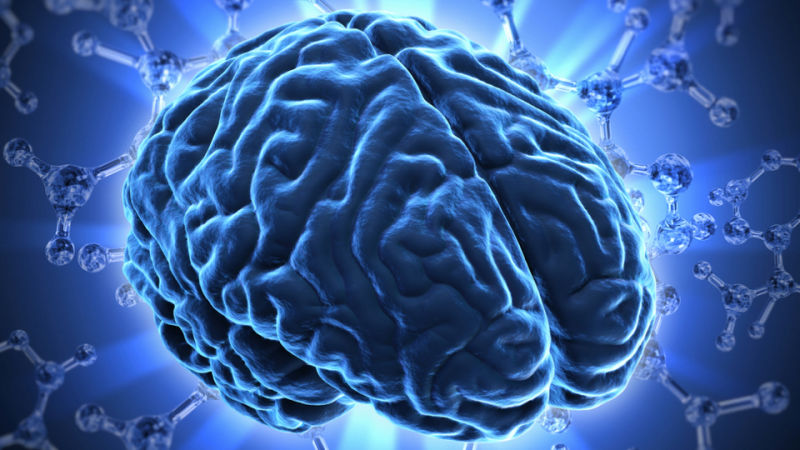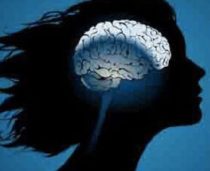Scientists believe to have identified clusters of genes in the brain that are linked to human intelligence.
They called these two clusters M1 and M3. These networks each consist hundreds of individual genes and appear to influence cognitive functions in humans. For example, processing speed, attention, memory, and reasoning.
The researchers who identified M1 and M3 say that they are probably controlled by master switches that regulate the gene networks. The research, published in the journal Nature Neuroscience, is still at an early stage. But if scientists can find these switches, it might even be possible to manipulate genetic intelligence and boost cognitive capabilities.
Neurologist Michael Johnson, lead author from Imperial College London, stated: “We know that genetics plays a major role in intelligence but until now haven’t known which genes are relevant.”
“This research highlights some of the genes involved in human intelligence, and how they interact with each other.”
This discovery was made by thoroughly examining the brains of patients who had undergone neurosurgery for the treatment of epilepsy.
They analyzed thousands of genes expressed in the brain and combined the findings with genetic information from healthy people who had undergone IQ tests and from people with neurological disorders and intellectual disability.
After various comparisons of the results, the researchers have found that some of the genes that influence human intelligence in healthy people can also cause significant neurological problems when mutated.
“Traits such as intelligence are governed by large groups of genes working together – like a football team made up of players in different positions,” said Johnson. “We used computer analysis to identify the genes in the human brain that work together to influence our cognitive ability to make new memories or sensible decisions when faced with lots of complex information. We found that some of these genes overlap with those that cause severe childhood onset epilepsy or intellectual disability.”
The authors believe their analysis could have a significant impact on how we understand and treat brain diseases and someday also on altering brainpower itself.

















